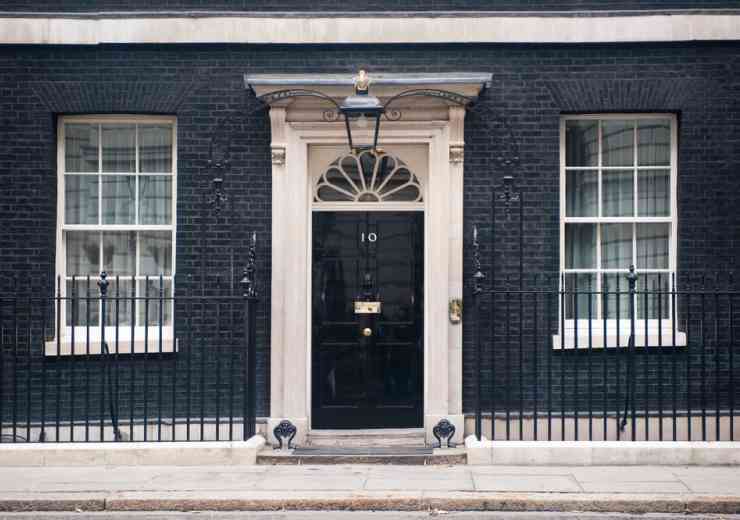News
Sep 14, 2016
Cameron attacked over Libya 'collapse'
The Foreign Affairs Committee has criticised David Cameron for the British intervention that led to the overthrow of Libyan leader Muammar Gaddafi in 2011. Claiming that the intervention had not been ‘informed by accurate intelligence’, the parliamentary group accuses the former Prime Minister of lacking a coherent strategy for the air campaign, with the issues arising in Libya as a result of UK actions helping to contribute to the rise of Islamic State in North Africa. An international coalition led by Britain and France launched a campaign of air and missile strikes against Muammar Gaddafi's forces in March 2011 after the regime threatened to attack the rebel-held city of Benghazi. The removal of Gaddafi, however, saw Libya descend into violence, with rival governments and the formation of hundreds of militias, and Islamic State gaining a foothold. The Foreign Office has said it had been an international decision to intervene, with action being called for by the Arab League and authorised by the UN Security Council. The committee concluded that: through his decision making in the National Security Council, Cameron was ultimately responsible for the failure to develop a coherent Libya strategy; there was no evidence that the UK government carried out a proper analysis of the nature of the rebellion in Libya; that UK strategy was founded on erroneous assumptions and an incomplete understanding of the evidence; that political engagement might have delivered civilian protection, regime change and reform at lesser cost to the UK and to Libya; and that policy was not underpinned by a strategy to support and shape post-Gaddafi Libya.
View the latest
digital issue
digital issue


























